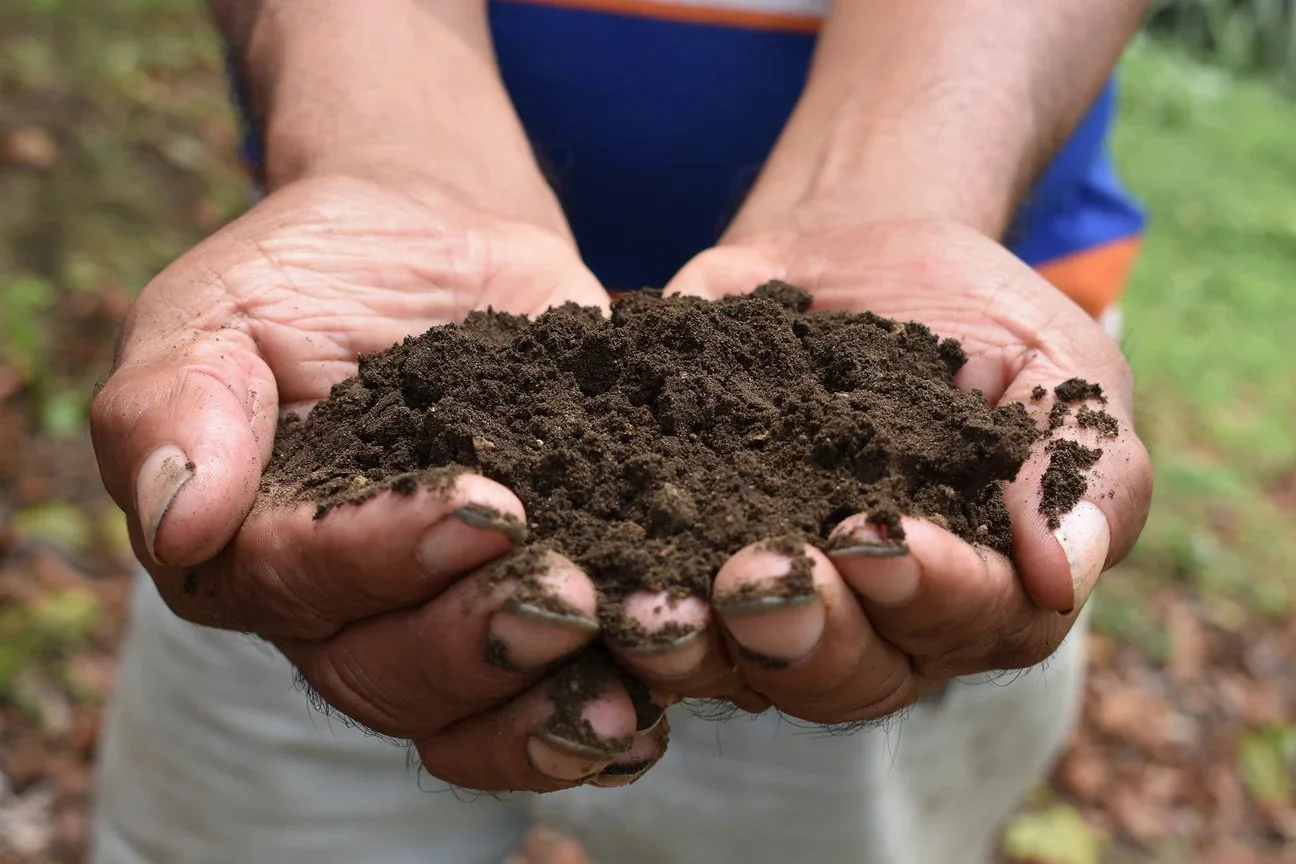Since Sol Organica’s inception in 2007, we have focused on three key areas, one of which is pioneering environmental stewardship. By adopting organic, agroecological, and regenerative practices that honor the environment and the communities involved, we are able to safeguard our planet while enhancing the well-being of those reliant on it.
In Nicaragua, the presence of traditional farming methods and agroforestry systems have supported our mission to continue protecting these lands with organic and regenerative agricultural practices. These practices incorporate improved farming techniques and environmental conservation methods that place a central focus on improving soil health and fertility, increasing biodiversity, food security, and prosperity for smallholder farmers and their workers.
FARMING PRACTICES
Organic farming practices focus on offering high-quality food while protecting the environment and consumers’ health. This includes producing food without the use of synthetic chemicals and using sustainable practices such as integrated pest management, crop rotation, protective barriers, and the application of manure.
Agroecology goes beyond organic farming and is a holistic and integrated approach that works with nature, an approach that applies both ecological (the relationship between plants, animals, humans, and the environment) and social concepts and principles to the design and management of sustainable food and farming systems. Agroecological systems are designed from the ground up, with people at the center, and respond to local contexts, constraints, and opportunities.
Agroecology is an umbrella term that covers lots of agricultural practices that you may be more familiar with, like organic, biodynamic, or permaculture. It now represents a transdisciplinary field that includes the ecological, socio-cultural, technological, economic, and political dimensions of food systems, from production to consumption.
Regenerative agriculture is included under the umbrella of agroecology but focuses on restoration and impact reduction, by restoring agricultural ecosystems through the integration of biodiversity and diverse production systems. Our partnering smallholder farmers incorporate holistic farming practices including; no or low tilling, cover cropping, crop rotation, composting, soil and water conservation works, agroforestry, biodiversity, and carbon sequestration.
Both agroecology and regenerative agriculture are approaches to sustainable agriculture that help to improve food security, reduce rural poverty, and enhance resilience. Our agronomy team, Burke Agro, has diligently educated our farming partners on these practices, guided farm management plans, and covered the costs of certification and technical assistance.
PIONEERS OF REGENERATIVE AGRICULTURE
We have been pioneers in the regenerative movement and its principles for nurturing soil health, since 2014, even before Regenerative Organic Certification® was available, the Burke Agro agronomy team has been collecting representative soil samples to evaluate soil organic matter, nitrogen, and pH levels to develop nutritional input plans for our grower partners. Our efforts have resulted in nutritionally rich food with heightened flavors due to its nutritional density.
The regenerative agriculture movement surged onto the scene as a critical tool to rehabilitate degraded land and build resiliency against the effects of climate change, and in 2017 we began our efforts toward Regenerative Organic Certification® (ROC™). We were honored to be selected to participate in the Regenerative Organic Alliance (ROA) pilot standards-setting program in 2017 and received our Regenerative Organic Certification® the same year.
We continue to support smallholder farmers in transitioning hectares to regenerative agriculture and we are excited to announce this year our coconut farmers will be receiving their regenerative organic certification with our dragon fruit farmers following them in 2026. For our environmental future initiatives, we endeavor to protect, restore, and promote sustainable use of terrestrial ecosystems, sustainably manage forests, combat desertification, and halt and reverse land degradation and biodiversity loss.

